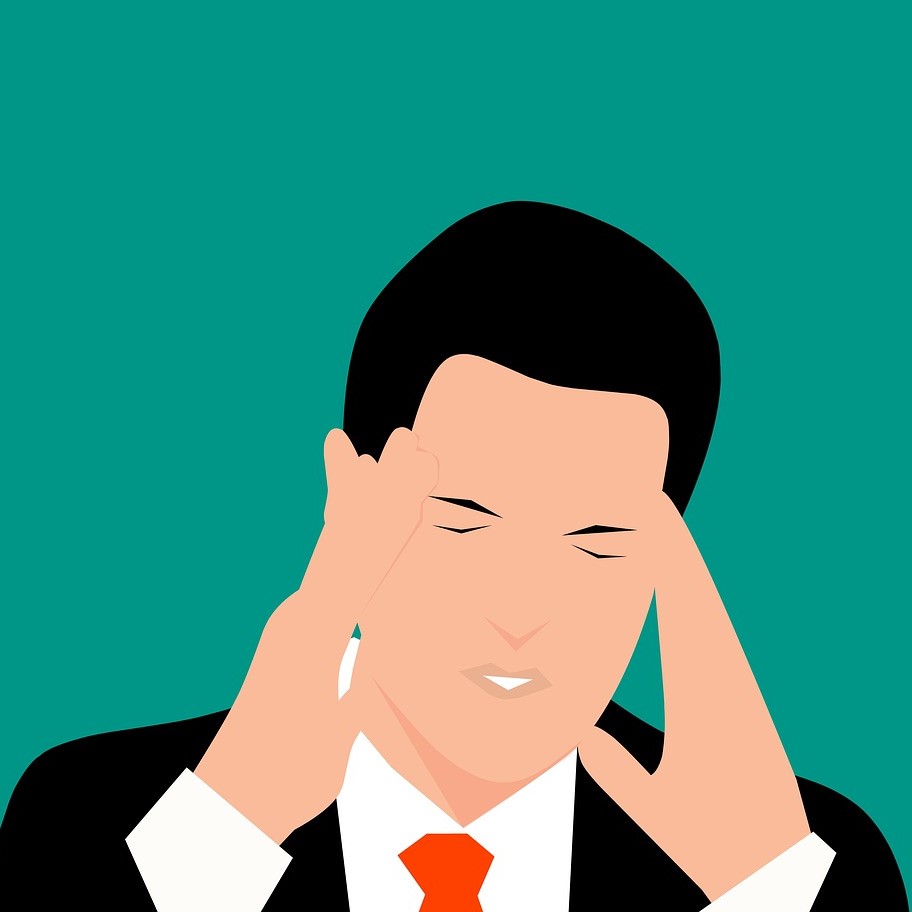August 30, 2019
More than a third of UK workers actively looking for job with flexible working
 New research among more than 2,000 UK adults, all in full-time or part-time work, commissioned by Nerd Wallet claims to have uncovered the importance of flexible working practices to employees today. Its main finding is that more than a third of full-time workers in the UK are currently looking for a new job because they would like a role with greater flexibility. It also claims that 71 percent of people consider flexible working – in terms of both the hours and location they work – as important to their job satisfaction. However, half (50 percent) cannot work remotely when they want or need to, and 46 percent have no flexibility in the hours they work. (more…)
New research among more than 2,000 UK adults, all in full-time or part-time work, commissioned by Nerd Wallet claims to have uncovered the importance of flexible working practices to employees today. Its main finding is that more than a third of full-time workers in the UK are currently looking for a new job because they would like a role with greater flexibility. It also claims that 71 percent of people consider flexible working – in terms of both the hours and location they work – as important to their job satisfaction. However, half (50 percent) cannot work remotely when they want or need to, and 46 percent have no flexibility in the hours they work. (more…)



































July 10, 2019
The growing problem of work separation anxiety
by Jenni Wilson • Comment, Flexible working, Wellbeing
(more…)